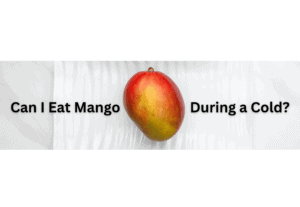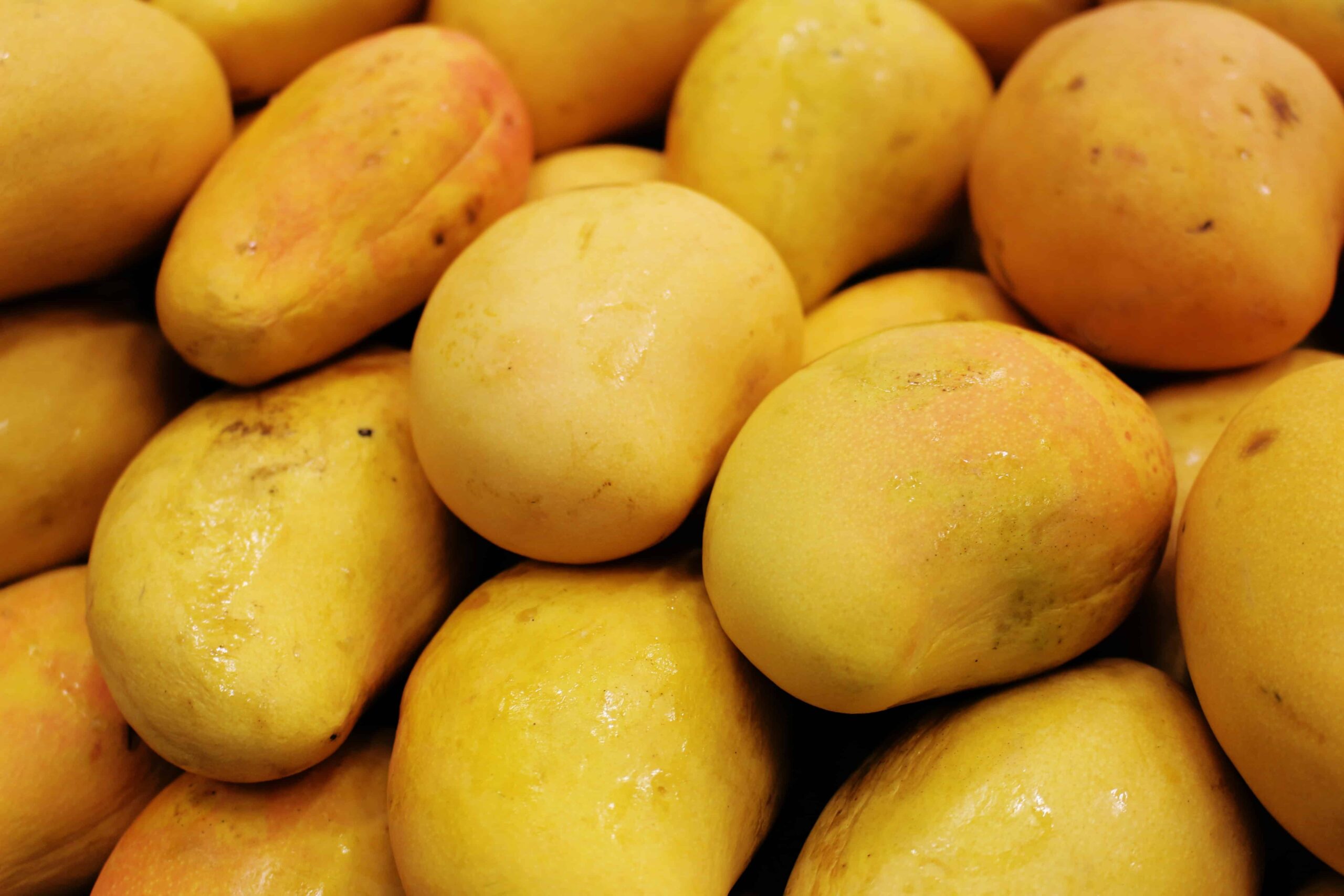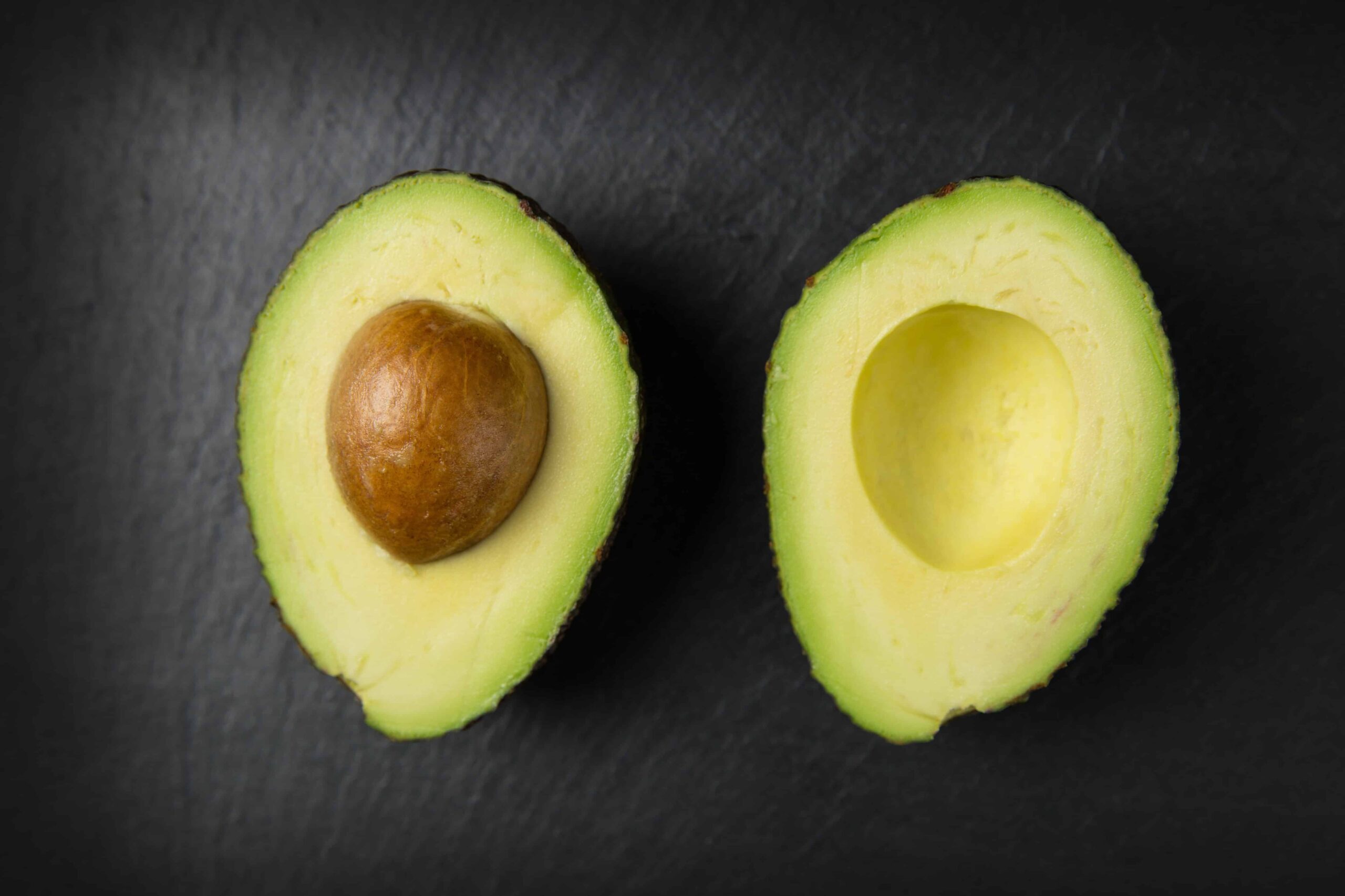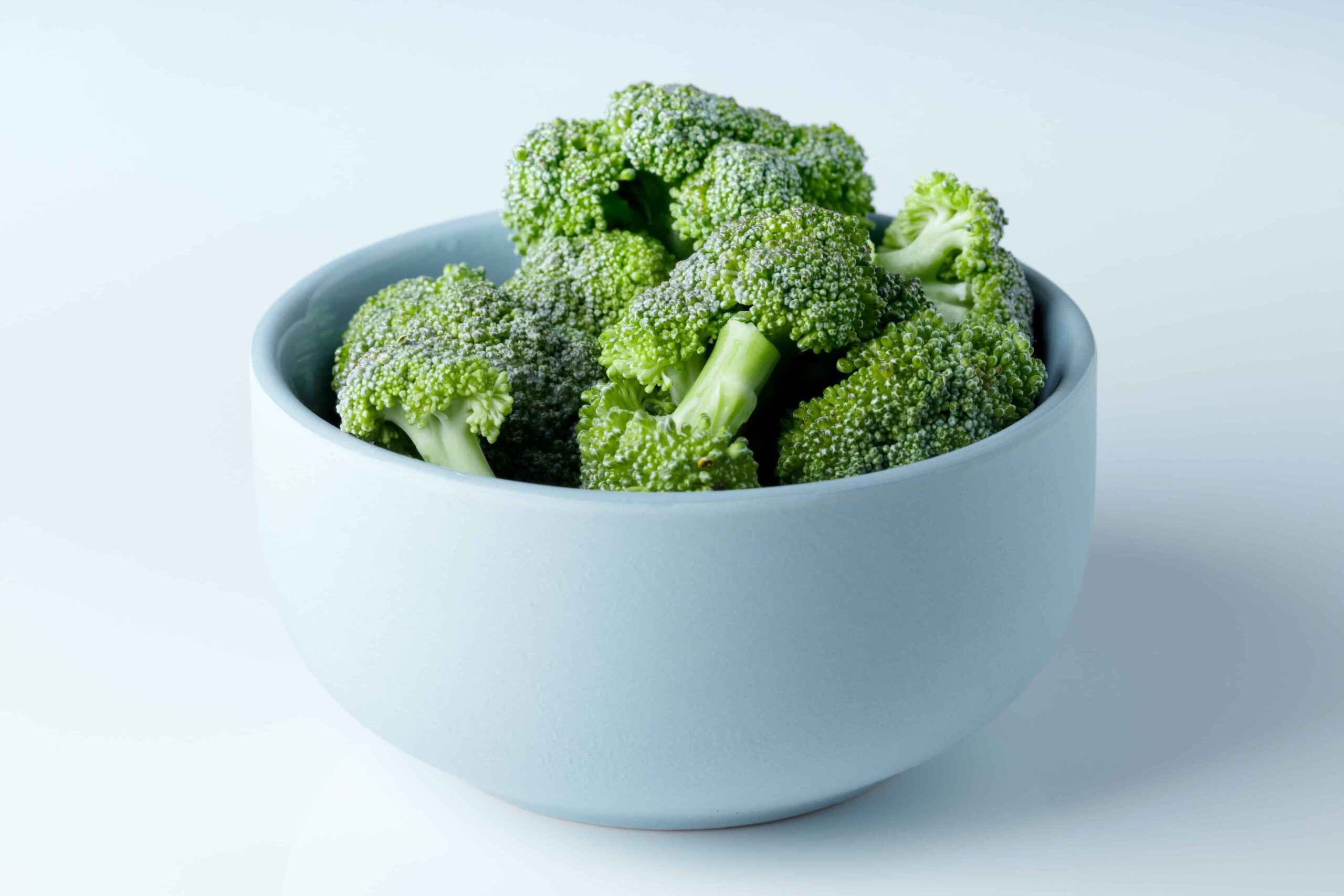Does Ripe Mango Cause Sore Throat and Cough?
Mangoes are rich in vitamins A and C which boosts our immunity and provides many benefits to the body. Along with immunity, it protects our boy from various infections like colds and coughs.
But in some cases, people experience throat pain, runny nose, and sneezing after eating mangoes.
In case you are experiencing these kinds of allergies then you should avoid eating mangoes.
The hairy part of mango due to its seed also causes irritation in the throat. This can also become the reason for cough and sore throat.
It can make your throat scratchy due to the presence of highly concentrated urushiol in its peel.
So it becomes necessary to soak mangoes for a few hours before eating.
Some people even experience a rash around the mouth and eye. That’s why you should be aware of its effects.
Can I Eat Mango during Cough?
Mangoes are very nutritious and contain the required properties to stop coughing.
But mangoes also contain high sugar content that creates mucus, phlegm, and heat in the body.
The hairy part of mangoes can also make your cough worse.
Can I Eat Mango During a Cold?

During cold, instead of eating mangoes directly, you can take its nutritious benefits by making a mango smoothie with the help of easy juice extractor or you can also make mango salsa.
And you can also make juice from it. Thus it will be easier to consume it without any discomfort and you can also take huge benefits of its vitamins during the cold.
When to Eat Mango Before or After Meal?
The best time to eat a mango is between meals. In case, you want to take it after a meal, then it is better to put a 30-minute gap which will help you to avoid acidity.
Taking mangoes right after meals is not a good idea. Because it also resists nutrient absorption if consumed right after meals.
Here quantity plays an important role to take its potential benefits. It is recommended to eat one mango per day to acquire its required benefits.
If you consume mango between the meals then it becomes very easy to digest it.
It is more beneficial if you consume it during the daytime.
It is advised to eat it in the morning or afternoon. It works best as a mid-meal snack.
Also Read: 7 Amazing Raw Mango Eating Benefits during Summer
Eating Mango at Night Good or Bad
Mango is packed with a lot of nutrients and provides various benefits to your body.
Vitamin B6 in mangoes causes melatonin production which increases your sleep quality and provides you a deep sleep.
Mango is good for the heart and gives many benefits to your skin. It is not only good for your immune system but also improves digestion.
But mango also contains high sugar which causes insulin spikes.
So consuming mango at night can be dangerous for your blood sugar levels.
Therefore, you should avoid eating mango at night after dinner.
In case you are dealing with IBS (Irritable Bowel Syndrome) then you should avoid mangoes at night.
Instead, you can eat mango as an evening snack.
Can We Eat Mango in the Morning Empty Stomach?

Mango is alkaline in nature and eating mango on an empty stomach helps to absorb all nutrients easily. The body gets enough energy for the day.
Vitamin C in mango boosts immunity and fiber in mango keeps you full for a long time.
Vitamin C and A also give many benefits to your skin. So you can eat mango in the morning.
In case you have any health issues then you should consult your healthcare specialist.
Those who have insulin resistance should consume mango on an empty stomach.
Sugary fruits can cause a drastic spike in insulin levels. Therefore you should take precautions while eating it on an empty stomach.
Eating mango on an empty stomach can also cause bloating, gas, and constipation due to its heating effects.
To reduce its heating effects you can soak mangoes in water for a few hours.
Mango and Milk together harmful?
Consuming milk with sweet fruits like mango is a very good and safe option. It gives a calm and cooling effect. It is very tasty, sweet, and delicious. It also improves complexion.
Taking a mango shake with milk provides the required protein, vitamins, iron, and beta-carotene to your body. Thus it will give you immense energy.
The mango milkshake is a beloved drink among people all the time and the best option for you. You can make it in different and easy way by using portable easy blender.
Using low-fat milk in mango shakes gives you the benefits of vitamin D and Calcium.
Is Mango Good for Gastric Ulcer?
Mango is less acidic in nature and mango pulp helps to reduce acid reflux. Mango reduces stomach acid production which is very great for people having gastric ulcers. It also works best for people having IBS(Irritable Bowel Syndrome).
Mango contains anti-inflammatory and anti-oxidative properties that help to protect the stomach from any kind of damage like free radical stomach damage. Mango works like a stomach protector and is very helpful for dealing with stomach-related problems.
Yes, it is beneficial for stomach ulcers and soothes the stomach lining but it is also required to take advice from your healthcare expert in case you feel discomfort after eating it.
During gastritis, ripe mango, banana, papaya, and pears work best rather than sour foods and other fruits.
Is Mango Juice Good for Gastritis?

Mango contains beneficial nutrients that improve the digestive system and prevent constipation.
But before taking mango juice for gastritis, you should consult with your healthcare professional.
Mango is a less acidic fruit but still acidic in nature. Therefore excessive consumption of mango juice can also worsen your gastritis problem. It also depends on your medical history.
Excessive amounts of mango juice can irritate your stomach lining. So it may not be the best choice for gastritis. But mango can provide the required benefits for your digestive system.
Acidic nature is higher in mango juice than mango and mango juice also lacks a high amount of fiber which is not very beneficial for your stomach.
Remember moderation is the key. And you can also use aloe-vera juice or ginger juice for gastritis instead of mango juice.
Does mango help with mucus?
Mango helios in treating cough and reducing mucus. On the other hand, fiber-rich mango also helps in stimulating healthy mucus. However, ripe mango can irritate your throat due to its hairy parts.
Frozen mango for sore throat
You should avoid any fruit that contains hairy parts such as mango. It can make your sore throat problem worse. Also, it is an acidic fruit which is not a good option for sore throat.




1 thought on “Does Ripe Mango Cause Sore Throat and Cough?”
Comments are closed.